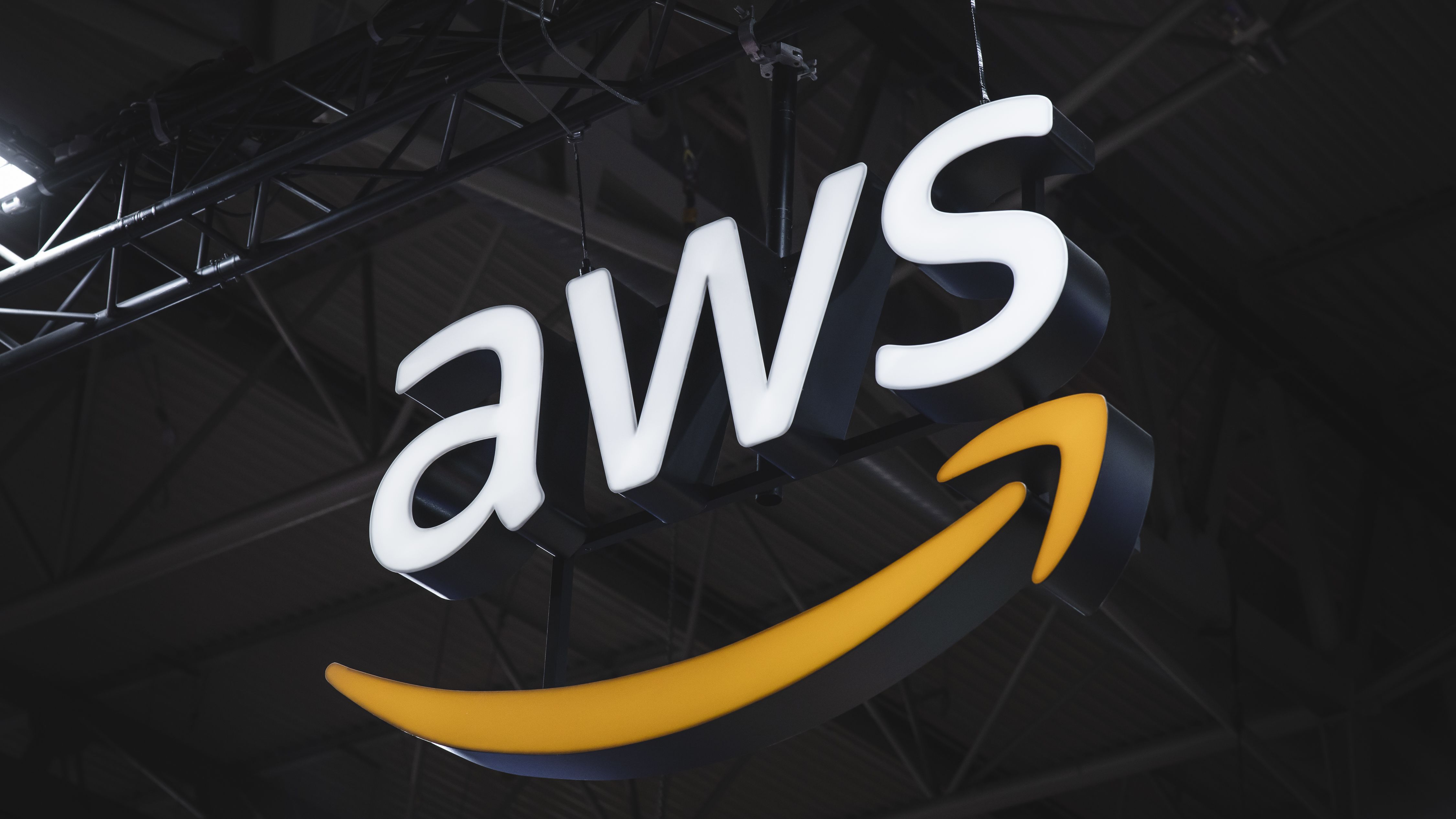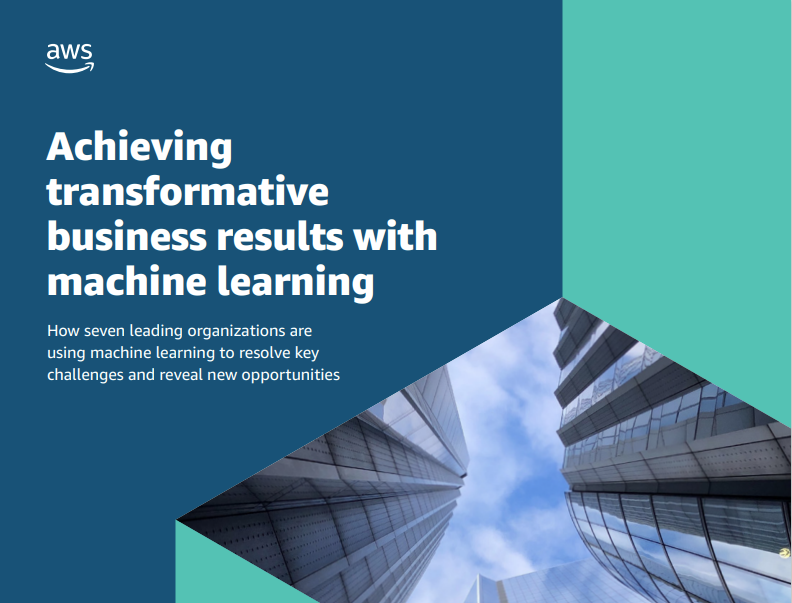Defra signs new AWS contract worth £20 million
The deal is reportedly worth six times more than the previous contract between the government department and hyperscaler


The UK’s Department for Environment, Food and Rural Affairs (Defra) has renewed its contract with Amazon Web Services (AWS) for the provisioning of cloud services.
The new contract is worth $25 million (£20.8 million), according to a contract awarded to AWS by the government. It was signed on 22 December 2022 and only made public on 6 March 2023.
Defra is contracted to benefit from AWS' cloud hosting, software management services, and employee training as part of the agreement.
The agreement started on 1 January 2023 and lasts for three years, the same as the previous one which was worth £3.5 million - six times less than the latest deal's value, according to PublicTechnology.
Defra will allocate at least $4.7 million (£3.9 million) each year towards AWS' cloud services but expects the value to triple over the course of the three years.
The deal is part of a Memorandum of Understanding (MoU) known as the One Government Value Agreement unveiled in November 2020. This is an agreement signed between AWS and the Crown Commercial Service (CCS).
Its aim was to help the government’s digital transformation efforts and boost digital skills. As part of this, AWS was set to create a digital skills fund which would train more than 6,000 civil servants in cloud computing skills.
Get the ITPro daily newsletter
Sign up today and you will receive a free copy of our Future Focus 2025 report - the leading guidance on AI, cybersecurity and other IT challenges as per 700+ senior executives
Through the agreement, it also offered public sector customers an 18% discount on AWS’ hosting services, as reported in May 2021. An extra 2% was also discounted if services are paid for upfront, with more than £300 million in contracts already awarded at the time through the agreement.
IT Pro has contacted Defra and AWS for comment.
Defra's IT struggles
A report from the National Audit Office (NAO) in December 2022 found that 30% of Defra's software was outdated and risky, exposing the public sector to cyber attacks.
The department estimated that around 76% of its digital, data, and tech spend is also spent on these legacy systems. The NAO also found that the department's digital transformation efforts were lacking.
RELATED RESOURCE

Achieving transformative business results with machine learning
How seven leading organisations are using machine learning to resolve key challenges and reveal new opportunities
In April 2021, rival cloud firm Microsoft also signed a three-year MoU with the government to assist public sector organisations with cloud computing.
It enabled these organisations to use Microsoft 365, Azure, Dynamics 365, and Power Platform and receive discounts. The agreement is between Microsoft and the CCS and is set to expire in April 2024.
AWS secured a deal to provide cloud services to GCHQ, MI5, and MI6 in October 2021. The spy agencies were reportedly looking to make use of the cloud giant’s artificial intelligence and data analytics tools.
Zach Marzouk is a former ITPro, CloudPro, and ChannelPro staff writer, covering topics like security, privacy, worker rights, and startups, primarily in the Asia Pacific and the US regions. Zach joined ITPro in 2017 where he was introduced to the world of B2B technology as a junior staff writer, before he returned to Argentina in 2018, working in communications and as a copywriter. In 2021, he made his way back to ITPro as a staff writer during the pandemic, before joining the world of freelance in 2022.
-
 Global cybersecurity spending is set to rise 12% in 2025 – here are the industries ramping up investment
Global cybersecurity spending is set to rise 12% in 2025 – here are the industries ramping up investmentNews Global cybersecurity spending is expected to surge this year, fueled by escalating state-sponsored threats and the rise of generative AI, according to new analysis from IDC.
By Ross Kelly Published
-
 Google Cloud is leaning on all its strengths to support enterprise AI
Google Cloud is leaning on all its strengths to support enterprise AIAnalysis Google Cloud made a big statement at its annual conference last week, staking its claim as the go-to provider for enterprise AI adoption.
By Rory Bathgate Published
-
 ‘If you want to look like a flesh-bound chatbot, then by all means use an AI teleprompter’: Amazon banned candidates from using AI tools during interviews – here’s why you should never use them to secure a job
‘If you want to look like a flesh-bound chatbot, then by all means use an AI teleprompter’: Amazon banned candidates from using AI tools during interviews – here’s why you should never use them to secure a jobNews Amazon has banned the use of AI tools during the interview process – and it’s not the only major firm cracking down on the trend.
By George Fitzmaurice Published
-
 Amazon's RTO mandate could spark a talent exodus
Amazon's RTO mandate could spark a talent exodusNews A survey of Amazon staff suggests plenty remain unhappy about returning to the office next year
By Nicole Kobie Published
-
 Amazon's RTO mandate just hit a major roadblock – it doesn’t have enough office space
Amazon's RTO mandate just hit a major roadblock – it doesn’t have enough office spaceNews The company has told staff in several locations that it won't have room for them all in time
By Emma Woollacott Published
-
 “There are other companies around”: AWS CEO Matt Garman says employees pushing back on RTO mandates should quit
“There are other companies around”: AWS CEO Matt Garman says employees pushing back on RTO mandates should quitNews AWS CEO Matt Garman says employees pushing back on RTO mandates should quit
By Nicole Kobie Published
-
 Business execs just said the quiet part out loud on RTO mandates — A quarter admit forcing staff back into the office was meant to make them quit
Business execs just said the quiet part out loud on RTO mandates — A quarter admit forcing staff back into the office was meant to make them quitNews Companies know staff don't want to go back to the office, and that may be part of their plan with RTO mandates
By Nicole Kobie Last updated
-
 Microsoft tells staff it won’t follow Amazon or Dell on enforcing a return to the office – but there’s a catch
Microsoft tells staff it won’t follow Amazon or Dell on enforcing a return to the office – but there’s a catchNews While other big tech companies are forcing reluctant workforces back into the office, Microsoft isn’t following suit
By George Fitzmaurice Published
-
 Amazon workers aren’t happy with the company’s controversial RTO scheme – and they’re making their voices heard
Amazon workers aren’t happy with the company’s controversial RTO scheme – and they’re making their voices heardNews An internal staff survey at Amazon shows many workers are unhappy about the prospect of a full return to the office
By Ross Kelly Published
-
 Amazon set a goal to reach 100% renewable energy by 2030 – it reached it seven years early
Amazon set a goal to reach 100% renewable energy by 2030 – it reached it seven years earlyNews The tech giant has rapidly accelerated renewable energy investment in recent years
By Ross Kelly Published